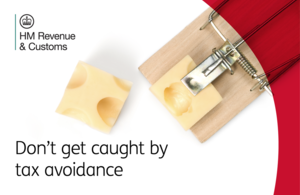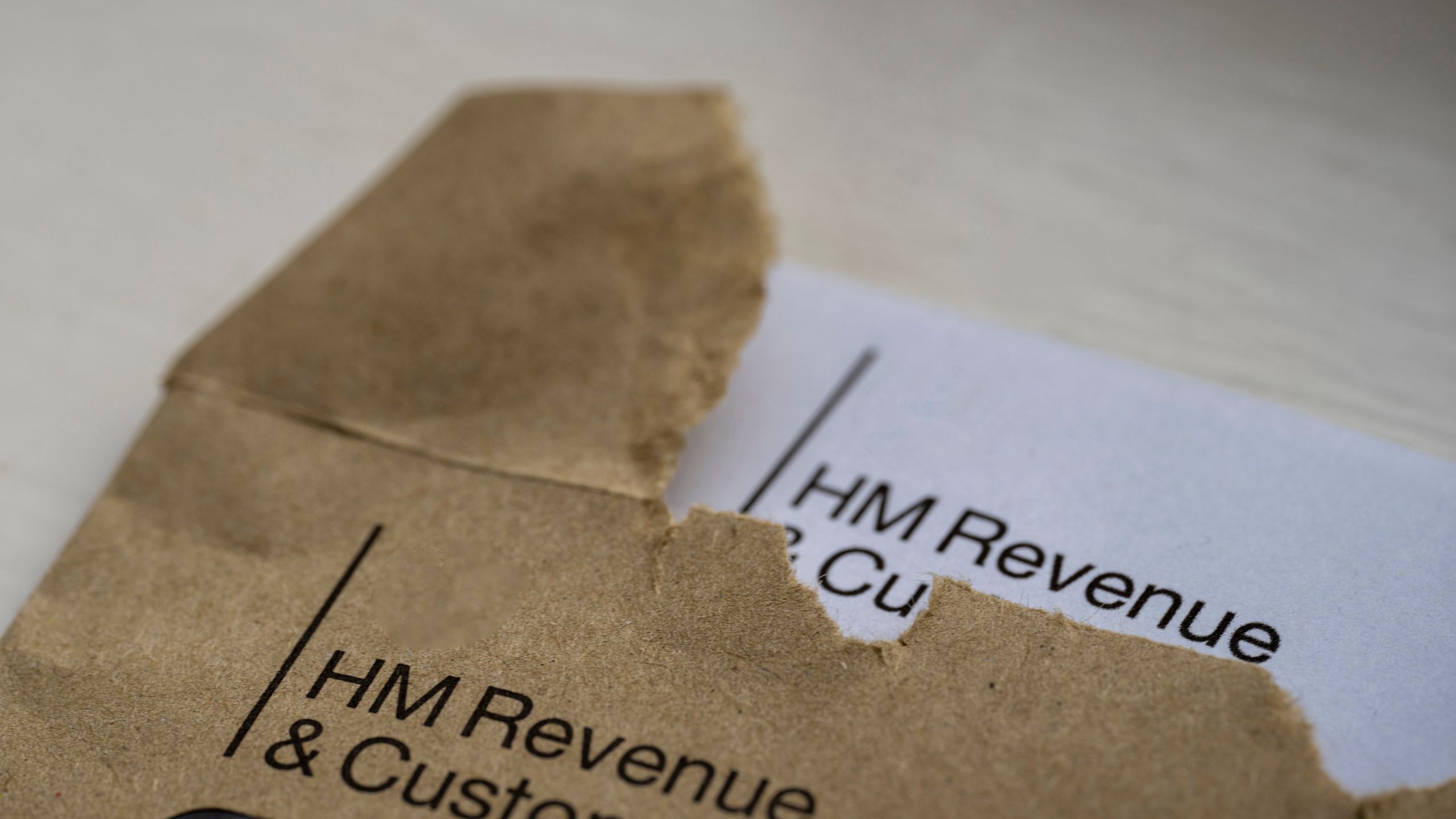
Tax Avoidance Explained Campaign “don’t get caught out”
HMRC recently launched a new Tax Avoidance education initiative aimed at Contractors who may be unaware that their TAX & NI is not being deducted correctly by their Umbrella Employer.
There are four prongs to the campaign:
- Recognise – The Basics – what does tax avoidance look like?
- Understand – Umbrella Companies – understand how they work
- Check – check how you’re being paid
- Get Help
The basics – what does tax avoidance look like?
Tax avoidance is when people bend the rules of the tax system to try to pay less than they owe.
You might think tax avoidance is difficult to spot, or that you need to be an expert. It’s actually straightforward.
Here are 3 warning signs you should look out for that might mean you’re being offered a tax avoidance scheme:
- are the proposed contract pay arrangements incredibly complicated?
- have you been told you’ll take home more money after tax than you would have expected?
- will you get a cash bonus if you recommend a friend?
Check out our quick guide to spotting signs of tax avoidance and how to protect yourself from them.
The consequences of tax avoidance are real and potentially serious. Explore other peoples’ stories about how they have been affected by getting caught up in tax avoidance.
Umbrella companies – understand how they work
If you’re a contractor, you might be employed through an ‘umbrella company’. Some umbrella companies try to break the tax rules.
It’s worth understanding how umbrella companies work, as you may be at risk.
Read our guide to what it’s like to work through an umbrella company and how you’ll be paid.
Check how you’re being paid
Understanding how you’re being paid is the best way to make sure you don’t get caught up in tax avoidance – this applies to people in PAYE as well as Self Assessment.
Checking your payslips and contractual arrangements will help you confirm you are paying the right amount of Income tax and National Insurance contributions, so you do not get an unexpected tax bill later.
Things to look out for include:
- receiving more money in your bank account than what is shown on your payslip
- receiving untaxed payments like loans or capital advances
The money you receive in your bank account should match the net pay on your payslip. To understand more about what your payslip should look like read our payslip guide.
You can also use this risk checker to check whether your current contract could involve tax avoidance.
Personal stories
If you enter a tax avoidance scheme, you take on all of the risks. That is because each of us is responsible under UK law for paying the correct amount of tax. This even applies if you have appointed someone else to deal with your affairs, or if you are given bad advice.
If you are found using a tax avoidance scheme, you’ll have to pay the tax that is legally due, plus interest, and you may have to pay a penalty. That is on top of any fees that you’ve paid the person who sold you the scheme.
Some contractors who were caught up in tax avoidance schemes have asked us to share their personal stories as a warning to others. They were promised higher take-home pay, lower tax bills and less paperwork. Instead, it cost them time, money and stress.
In this context, a ‘contractor’ is someone who provides services to clients that do not directly engage them. This may be through an ‘umbrella company’, an agency, a partnership or their own company, such as a Personal Service Company. This applies to employed and self-employed individuals. Read more about contractors on GOV.UK.
Personal Stories – https://www.gov.uk/government/case-studies/tax-avoidance-dont-get-caught-out?&utm_source=campaignpage&utm_medium=refferal&utm_campaign=upstream_#tanya
Get help
If you think you might be involved in a tax avoidance scheme you should contact us as quickly as possible. We’ll help you get out of it and help you settle your tax affairs. The longer you leave it the bigger the tax bill.
Our job is to help get you back on the right track. We won’t be judgemental and if you can’t afford to pay everything in one go, we may be able to offer you an instalment arrangement.
Email us at counteravoidancecampaign@hmrc.gov.uk. For further information read Tax avoidance: getting out of an avoidance scheme.



